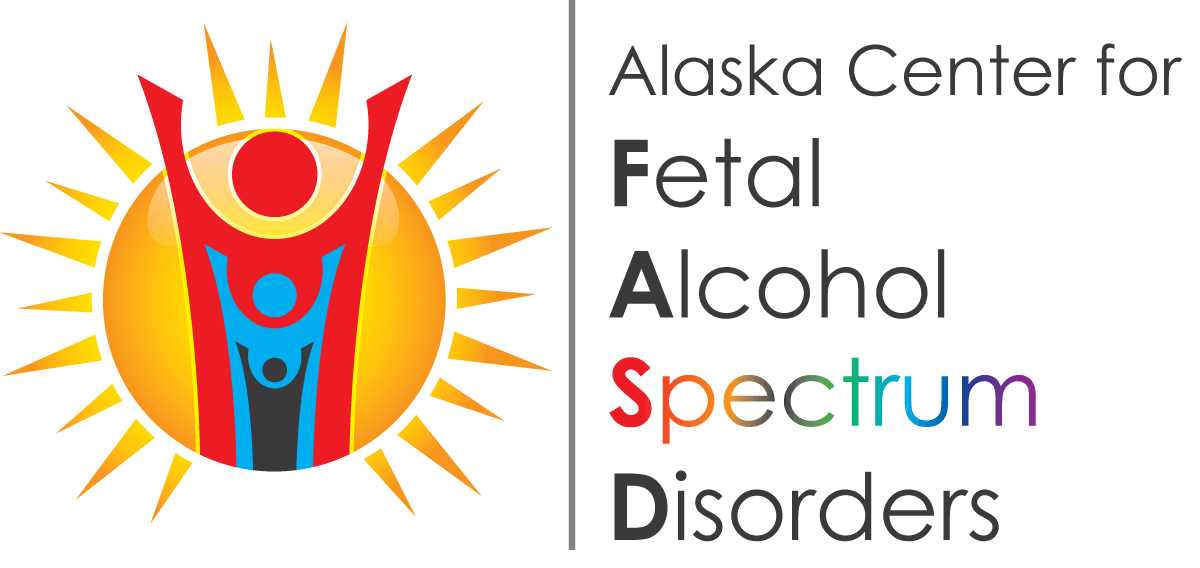I Think I Might Have an FASD
Some people receive an FASD diagnosis as a young child so it has been part of their identity for most of their life. An early life diagnosis does not mean they like having an FASD or don’t have struggles in their lives. They often do have more supports from an early age and we know that this helps them long term.
But more people who have an FASD are likely to be going through life questioning what is up with why things are so hard for them. This questioning why they are different can start at a fairly young age. Several self-advocates have talked about having an ‘aha’ moment when they learned about FASD and its’ symptoms. This helped them begin their journey toward better self-understanding. See Share Your Story for more information and inspiration. There is always hope for improving life circumstances!
Common symptoms of FASD can include difficulty with:
- Making or keeping friends
- Staying in school or keeping employment
- Learning and memory (subjects like math and reading may have been very hard)
- Impulsivity (think it, do it…then the consequences happen)
- Controlling emotions
- Planning and organizing tasks or things at school or a job
- Taking care of themselves in terms of routine hygiene tasks, cooking/shopping skills, budgeting/managing money
- Being inflexible when routines or plans change
- A sense of time passing (may be late often, lose track of time)
If you have these symptoms, can confirm that you had prenatal alcohol exposure, and are interested in getting an FASD diagnosis, you can search for an FASD team near you or contact us through email or call 907-249-6641 to discuss diagnosis options.
